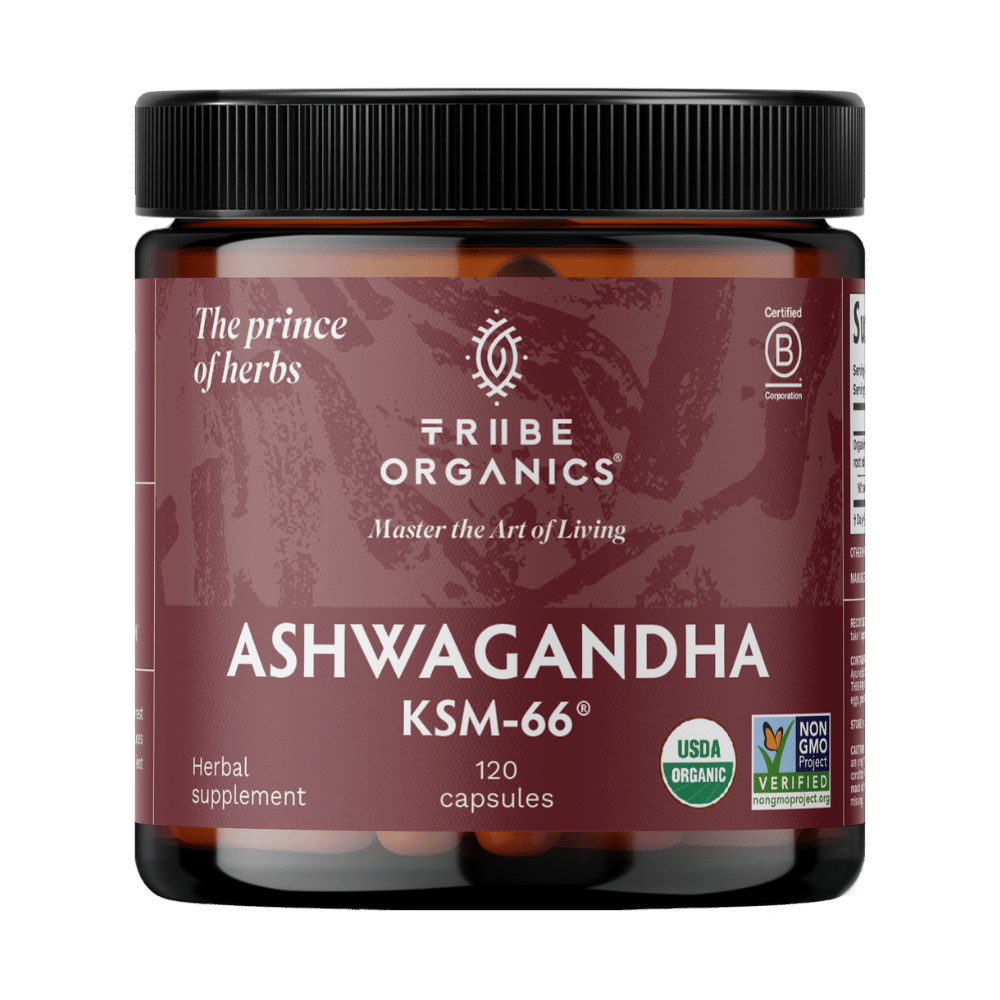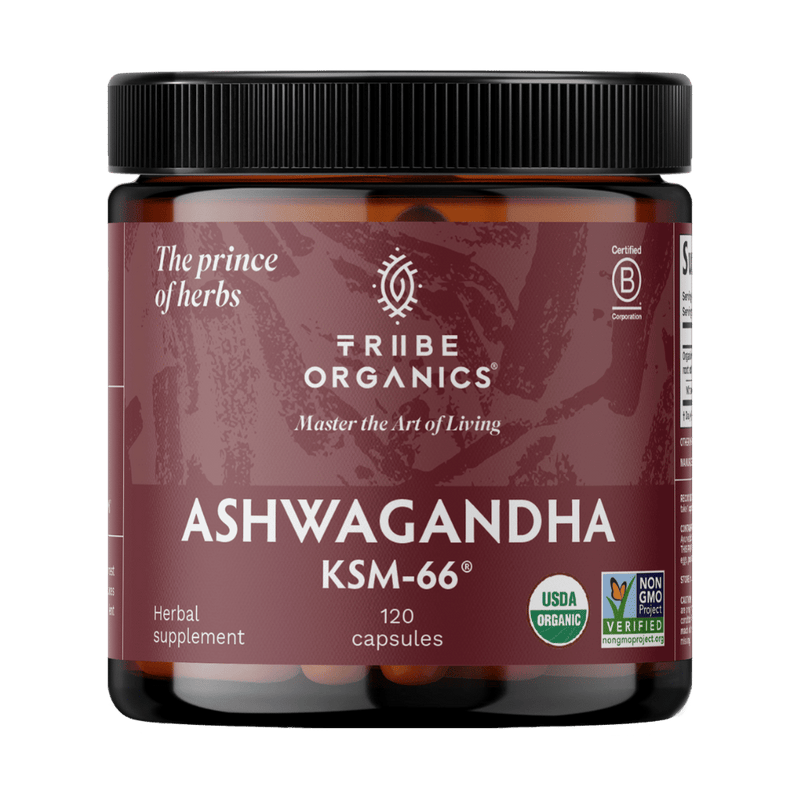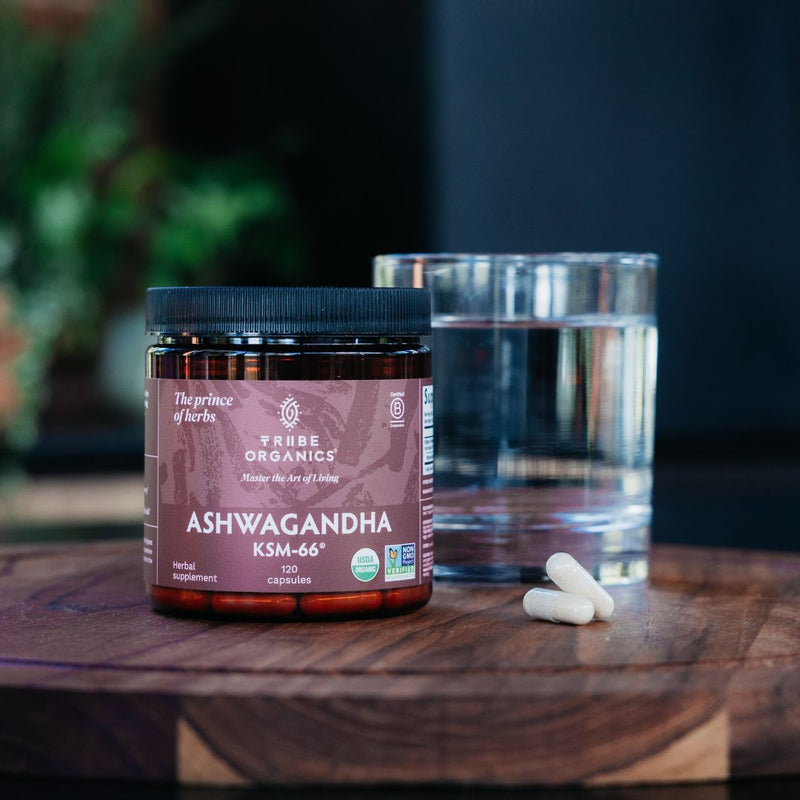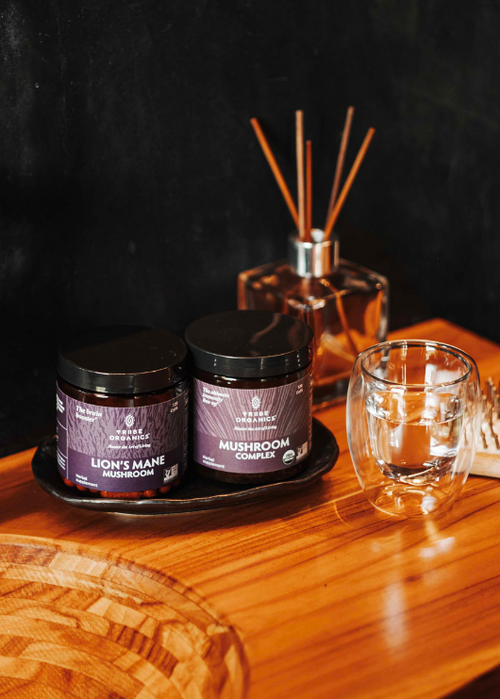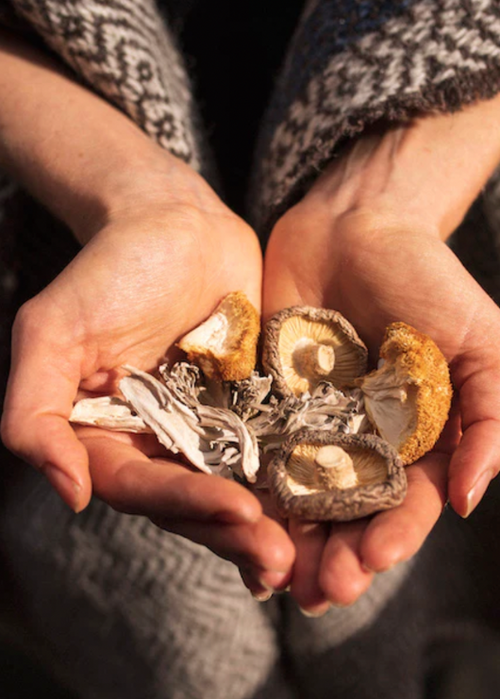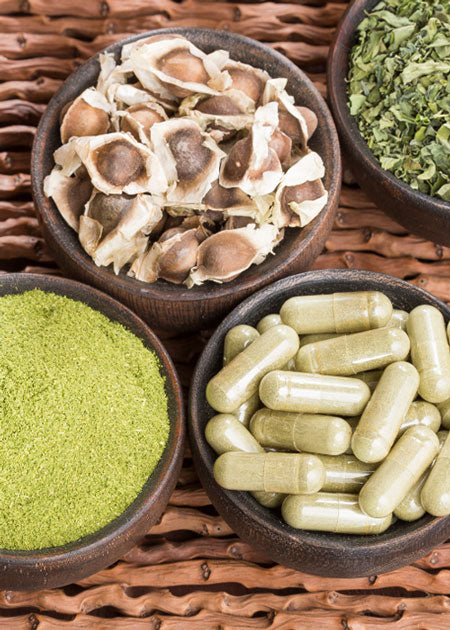When it comes to improving sleep quality, many people are turning to natural remedies, and Ashwagandha is increasingly in the spotlight. But does Ashwagandha make you sleepy, and if not, what are its effects?
This comprehensive guide aims to offer you a well-rounded understanding, underpinned by scientific insights and factual evidence, regarding Ashwagandha's potential role in sleep regulation.
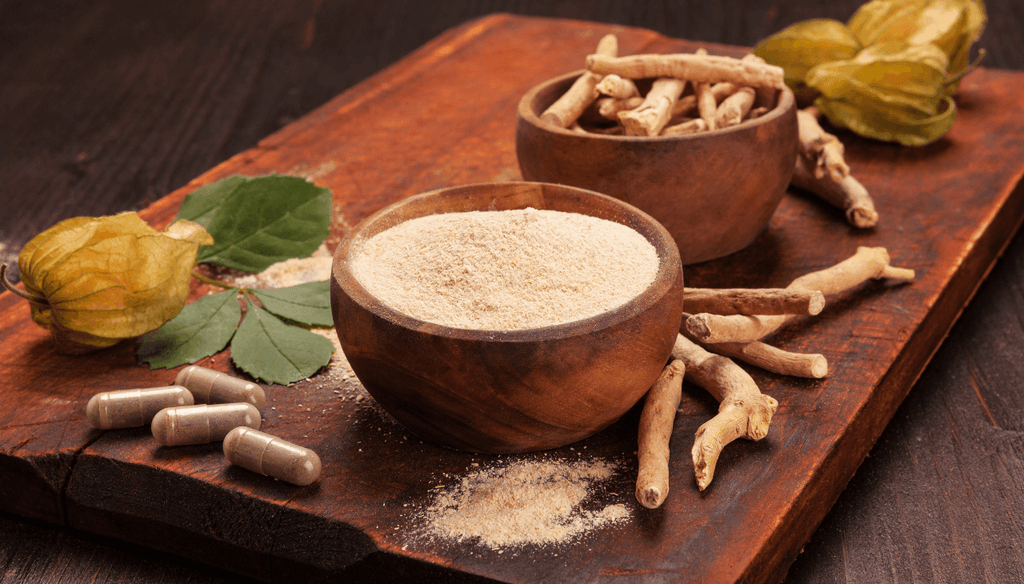
Comparing Ashwagandha with Other Sleep-Promoting Herbs
Ashwagandha is just one of many herbs that come to mind when thinking about all-natural ways to fix sleep problems. Let's consider it by comparing it to other common herbs.
Ashwagandha vs. Valerian Root
Ashwagandha:
- Ashwagandha is an adaptogenic herb known for its ability to help the body manage stress.
- It may promote relaxation and improve sleep quality by reducing anxiety and stress levels.
- Unlike some herbs, Ashwagandha typically does not induce drowsiness during the day, making it suitable for daytime use.
Valerian Root:
- Valerian root is another well-known herb used to treat insomnia and improve sleep.
- It may help you fall asleep faster and enjoy deeper sleep, but can also cause drowsiness during the day.
- Valerian root can sometimes be more potent in its sedative effects compared to Ashwagandha.
Ashwagandha vs. Chamomile
Ashwagandha:
- Ashwagandha primarily targets stress reduction, which can indirectly improve sleep quality.
- It is less likely to make you feel drowsy, making it suitable for those who want to stay alert during the day.
Chamomile:
- Chamomile is a mild herb often used to ease anxiety and promote relaxation.
- It can help improve sleep quality, but it's not as potent in inducing sleepiness.
- Chamomile is commonly consumed as a soothing tea before bedtime.
Ashwagandha vs. Lavender
Ashwagandha:
- Ashwagandha's primary focus is on reducing stress, which can indirectly lead to better sleep.
- It is generally considered non-sedating and suitable for daytime use.
Lavender:
- Lavender is known for its calming scent and is used in aromatherapy to promote relaxation.
- While it can help you calm down, it's not typically ingested like Ashwagandha and may not have as strong an effect on sleep quality.
The choice between Ashwagandha and other herbs depends on individual preferences and the specific sleep-related issues one faces. Keep in mind that individual responses to herbs can differ, so what works best for one person may not be the same for another.
Does Ashwagandha Really Make You Sleepy?
To understand the relationship between Ashwagandha and sleep, it's important to explore how this natural supplement interacts with the body and mind. Here's a closer look at the key factors contributing to Ashwagandha's sleep effects.
The Role of Ashwagandha as an Adaptogen
Central to Ashwagandha's benefits is its function as an adaptogen. This means it assists the body in managing and adjusting to both physical and mental challenges.
Promotion of Relaxation and Stress Reduction
While Ashwagandha may be associated with sleep, it doesn't push you into a state of immediate drowsiness. Its primary effect is to foster relaxation and diminish the levels of stress one might feel.
Creating an Optimal Environment for Sleep
Rather than acting as a direct sleep-inducing agent, Ashwagandha facilitates an improved sleep setting. It achieves this by quieting the mind and relaxing the body, laying the groundwork for a restful night.
Regulation of Cortisol Levels
One significant way Ashwagandha promotes sleep is by modulating cortisol levels. High levels of this stress hormone can upset our natural sleep rhythms. By curbing excessive cortisol, Ashwagandha supports healthier sleep cycles.
Individual Responses May Vary
It's essential to note that the effects of Ashwagandha aren't uniform for everyone. While some might feel a strong sense of calm, others might observe a subtler effect.
Ashwagandha may offer several benefits related to sleep by promoting relaxation, reducing stress, and regulating cortisol levels. However, its effects can vary from person to person, and professional medical advice is recommended for tailored guidance.
Effective Ways To Use Ashwagandha for Sleep
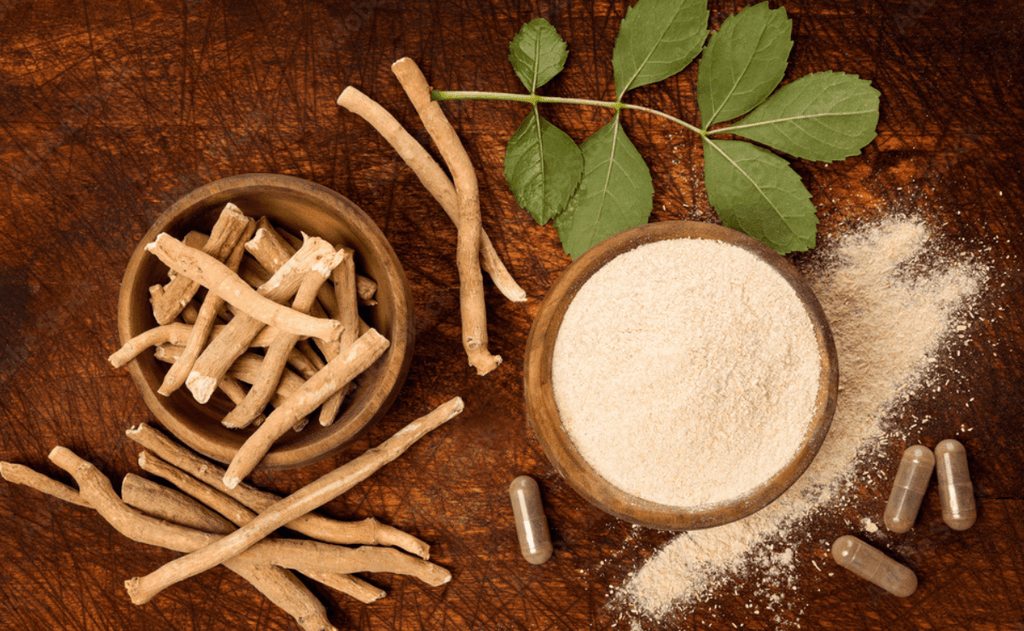
If you are seeking a natural way to improve your sleep, Ashwagandha, a versatile herb with numerous health benefits, could be the answer. Below are methods on how you can incorporate Ashwagandha into your daily routine.
Ashwagandha Supplements
Choose from the following options based on your preference:
- Capsules: These are one of the most straightforward ways to consume Ashwagandha. Simply follow the dosage instructions on the packaging
- Powders: Ashwagandha root powders can be mixed into beverages or sprinkled on foods. It offers flexibility in determining your desired dosage.
- Gummies: These are a gummy form of Ashwagandha and may be easier for some to consume and digest.
Regardless of your consumption method, it's essential to consult with a healthcare professional before incorporating Ashwagandha into your regimen, especially if you are pregnant, nursing, have existing medical conditions or are taking other medications.
Guidelines for Taking Ashwagandha Safely
Adding Ashwagandha to your health regimen may be helpful, but there are some precautions you should take to make sure you get the most out of it. As an aid to your Ashwagandha research, below are some things you should and shouldn't do:
Do's
Seek Medical Advice: Before using Ashwagandha, consult a healthcare provider for personalized advice, particularly if you have existing health conditions or are on medication.
Follow Recommended Dosages: Stick to the dosage guidelines on the product packaging or as advised by a healthcare professional.
Choose Quality Products: Opt for well-known brands and products sourced from reliable suppliers to ensure you get a pure and potent product.
Monitor for Side Effects: Pay attention to unusual symptoms like stomach discomfort. Consult your healthcare provider if you notice any.
Be Patient: Ashwagandha's benefits often become noticeable over a period of consistent use rather than immediately.
Don'ts
Self-Prescribe: Always consult a healthcare provider for dosage and suitability.
Exceed Dosages: Taking more than the recommended amount can result in unwanted side effects.
Use if Allergic: Avoid Ashwagandha if you have known allergies to the plant or related species.
Rely Solely on Supplements: Use Ashwagandha as part of a balanced lifestyle, including a healthy diet and exercise.
Mix with Certain Medications: Consult your healthcare provider if you are taking medications that could interact with Ashwagandha, like immunosuppressants, sedatives, or thyroid medications.
When used responsibly, Ashwagandha can be a beneficial supplement for various health purposes, including better sleep. Hence, follow these guidelines to ensure you are getting the most out of your Ashwagandha regimen while minimizing risks.
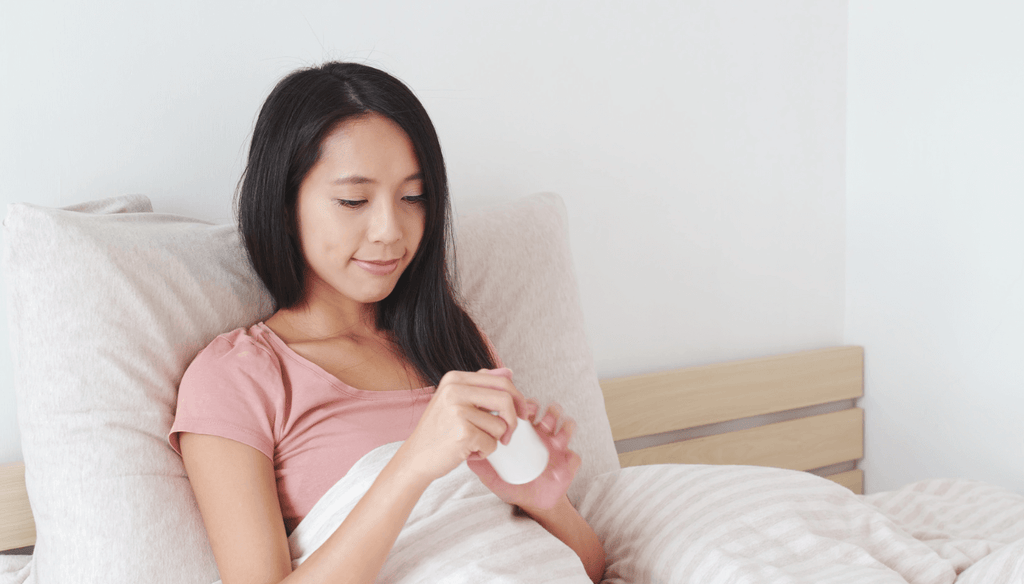
Tribe Organics Ashwagandha - Your Secret to Inner Calm
Stress and sleepless nights taking a toll on you? Tribe Organics has the perfect solution for you! Our Ashwagandha supplements are here to help you find your inner calm amidst life's chaos.
Pure and Organic: Tribe Organics' Ashwagandha supplements are made from 100% pure and organic Withania somnifera sourced from trusted growers.
Stress Relief: Experience reduced stress and anxiety naturally. Say goodbye to restlessness and hello to serenity!
Better Sleep: Improve the quality of your sleep. Wake up refreshed and ready to tackle the day.
Adaptogenic Power: Ashwagandha is renowned for its adaptogenic properties, helping your body cope with stress and maintain balance.
Are you ready to discover the benefits of Ashwagandha for yourself? Check out our collection of supplements and take the first step towards a more peaceful life.
Conclusion
So, does Ashwagandha make you sleepy? The answer is not a simple yes or no. It may help some individuals achieve better sleep by alleviating stress and anxiety, but it's not a guaranteed sleep aid for everyone.
Before incorporating Ashwagandha into your routine, consider your specific needs and consult a healthcare provider. They can guide you on the right dosage and whether it's suitable for your sleep concerns.
Frequently Asked Questions
Shop best sellers
Explore our collection of favorite items that have gained popularity for their quality and satisfaction.

